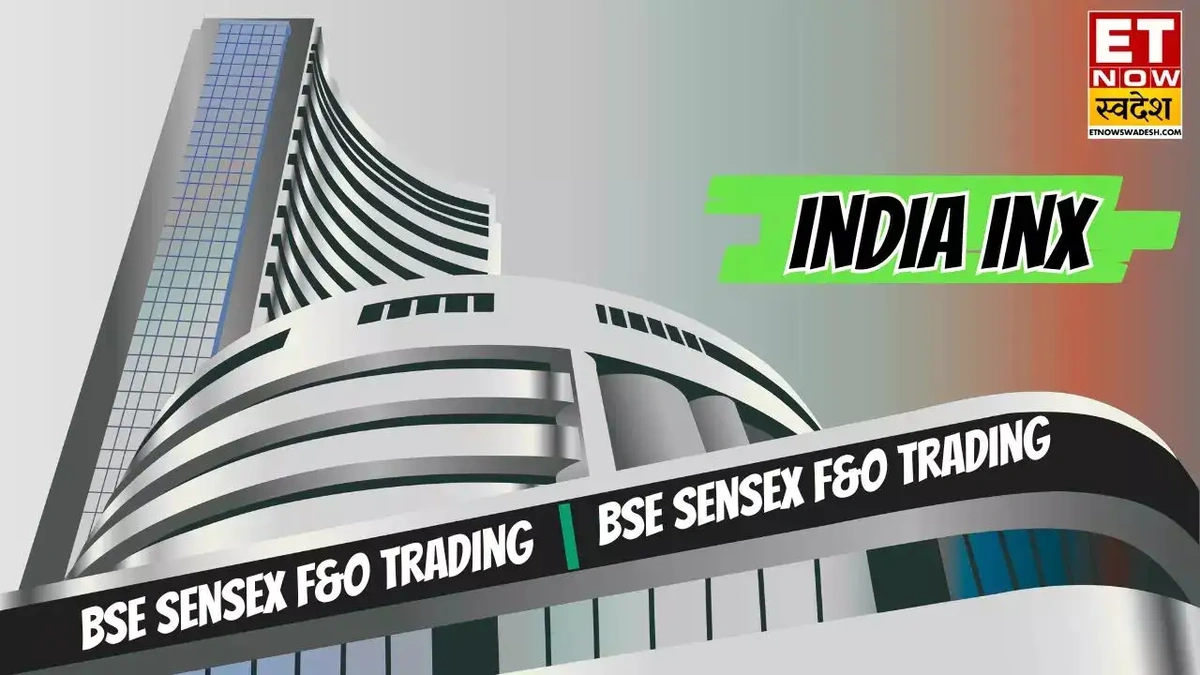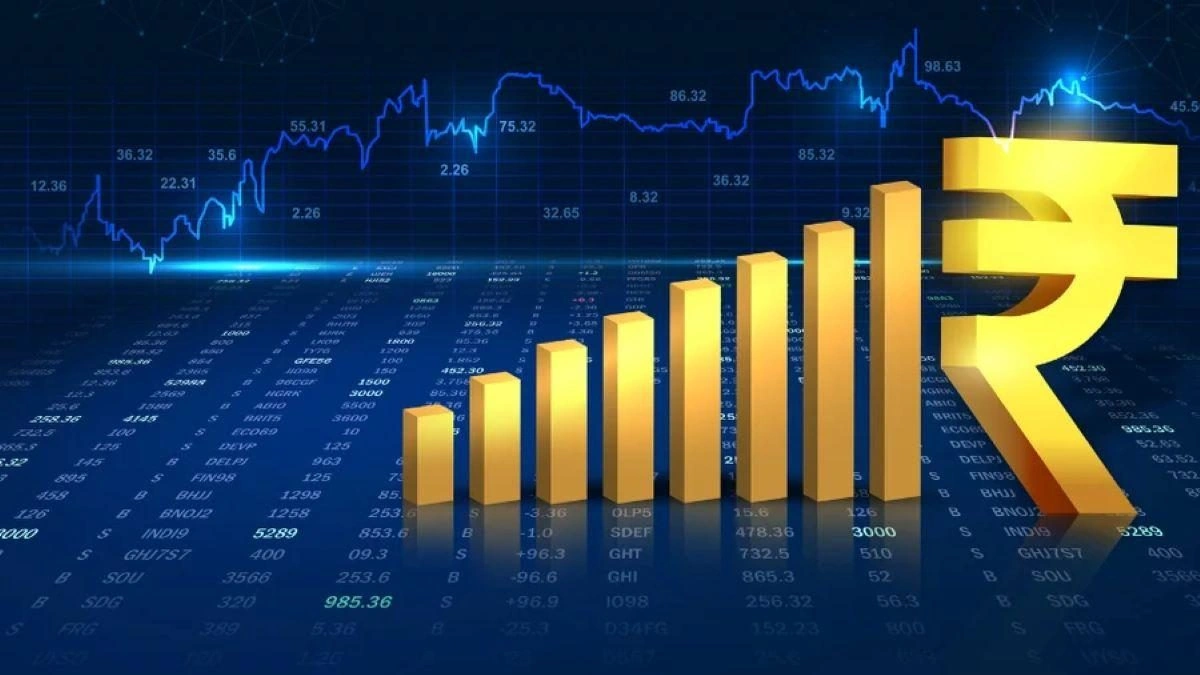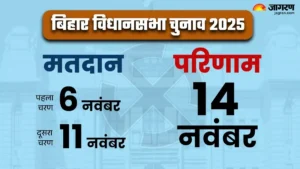Decoding the BSE Sensex: Why It Matters More Than You Think
The BSE Sensex – you’ve probably heard it mentioned on TV, read about it in the papers, or maybe even overheard your dad talking about it with his friends. But let’s be honest, how many of us really understand what it is and, more importantly, why it should matter to you, even if you’re not a stock market guru?
Here’s the thing: the Sensex isn’t just some abstract number floating in the ether. It’s a barometer of the Indian economy. Think of it as a health check-up for Corporate India. And like any health check-up, understanding the results can give you a sneak peek into what’s coming next.
What Exactly Is the BSE Sensex, Anyway?

Let’s break it down. The BSE Sensex , short for the Bombay Stock Exchange Sensitive Index, is a free-float market-weighted stock market index of 30 well-established and financially sound companies listed on the Bombay Stock Exchange (BSE). These 30 companies are like the MVPs of the Indian stock market. Their performance, collectively, gives a pretty good indication of how the overall market is doing.
But what does “free-float market-weighted” even mean? Simply put, it means the index calculation considers the number of shares readily available for trading in the market (the ‘free-float’) and adjusts the weightage of each company based on its market capitalization (the total value of its outstanding shares). So, a company with a larger free-float market cap will have a bigger influence on the Sensex’s movement. Think of it like a tug-of-war where bigger, stronger companies pull harder.
The “Why”: Why Should You Care About the Sensex?
Okay, so we know what it is. Now for the juicy part: why should you, the average Indian, care about this seemingly complex financial metric?
It’s a Reflection of the Economy : The Sensex’s performance is closely tied to the overall health of the Indian economy. A rising Sensex generally indicates a strong and growing economy, while a falling Sensex can signal economic headwinds. Changes in government policies, global economic events, and even monsoon patterns can influence the Sensex. So, keeping an eye on the Sensex can give you a broad sense of the economic climate.
Impact on Investments : Whether you directly invest in the stock market or not, the Sensex indirectly affects your investments. Mutual funds, pension plans, and other investment vehicles often benchmark their performance against the Sensex. A well-performing Sensex generally translates to better returns on these investments. It really is that simple. Plus, understanding market indicators like the Sensex can help you make more informed investment decisions.
Consumer Confidence : A rising Sensex can boost consumer confidence. When people feel that the economy is doing well, they’re more likely to spend money, leading to further economic growth. Conversely, a falling Sensex can lead to decreased consumer spending and a slowdown in economic activity. It is all connected.
Beyond the Numbers | Understanding Market Volatility
The stock market , as they say, is not for the faint of heart. The Sensex can be quite volatile, experiencing significant ups and downs in short periods. Understanding this volatility is crucial for managing risk and making informed decisions.
Factors influencing market volatility include:
- Global economic events: A major economic crisis in the US or Europe can send ripples through the Indian stock market.
- Geopolitical tensions: Wars, political instability, and trade disputes can all negatively impact investor sentiment.
- Company-specific news: Major announcements from Sensex companies, such as earnings reports or mergers, can cause significant price fluctuations.
So, what can you do? Do not panic. The knee-jerk reaction is to sell when things are bad but instead, stay calm and think long term.
How to Track the BSE Sensex (Without Becoming a Financial Analyst)
You don’t need a Bloomberg terminal to stay informed about the Sensex. Here are a few simple ways to track its performance:
- Financial News Websites: Reputable financial news websites like The Economic Times, Business Standard, and Livemint provide real-time updates on the Sensex.
- Mobile Apps: Numerous mobile apps, such as those offered by brokerage firms and financial news providers, allow you to track the Sensex on the go.
- Television: Business news channels provide regular updates on the Sensex throughout the day.
Remember, it’s not just about tracking the numbers; it’s about understanding the underlying trends and factors that are driving market movements. For example, if you hear that the Indian stock market has performed well, think about why it has risen.
The Future of the BSE Sensex and the Indian Economy
So, what does the future hold for the BSE Sensex and the Indian economy? While predicting the future is impossible, several factors suggest continued growth and potential for the Indian stock market.
These include: a growing middle class, increasing urbanization, government reforms, a thriving startup ecosystem, and a tech boom.
Of course, challenges remain. Global economic uncertainties, inflationary pressures, and geopolitical risks could pose headwinds. However, with its strong fundamentals and growth potential, the Indian economy is well-positioned to navigate these challenges and continue on its upward trajectory. One key thing to remember is to regularly check for any updates from thestock exchange.
Ultimately, understanding the BSE Sensex is not about becoming a stock market expert. It’s about being an informed and engaged citizen. It’s about understanding the forces that shape the Indian economy and how they impact your life.
FAQ About the BSE Sensex
What happens if the Bombay Stock Exchange closes?
Trading halts but resumes the next business day.
How often is the BSE Sensex calculated?
It’s calculated in real-time during trading hours.
Can I directly invest in the BSE Sensex?
No, you invest in index funds or ETFs that track it.
What if a company is delisted from the BSE Sensex?
It’s replaced by another eligible company.
What’s the difference between the Sensex and Nifty?
Sensex tracks 30 companies on the Bombay Stock Exchange , while Nifty tracks 50 on the National Stock Exchange (NSE).
And that, my friends, is the Sensex in a nutshell. Not so intimidating now, is it?













